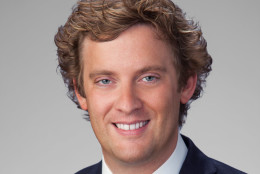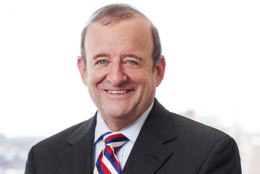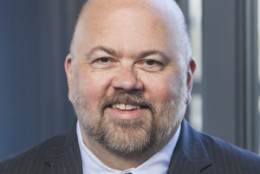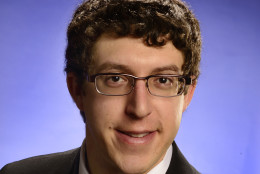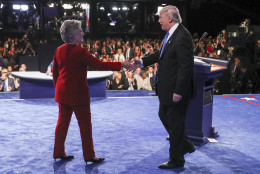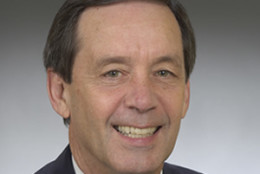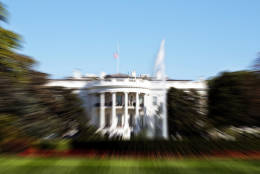presidential transition
When President-elect Donald Trump takes office in January 2017, what does that mean for the federal government? Find out on this week on Fed Access when Government Executive Staff Correspondent Eric Katz joins host Derrick Dortch. November 18, 2016
November 10, 2016-
Federal News Radio wants to know what you think about your future and the impact of the election on your agency and your mission. Please take our anonymous survey. We will share the results later this week.
November 09, 2016 -
On Wednesday, one of the transition teams gets down to brass tacks. It might even visit you and ask you about your program. David Eagles, director of the Center for Presidential Transition at the Partnership for Public Service, tells Federal Drive with Tom Temin what the first few days after the election will look like.
November 08, 2016 -
In Washington politics, the aftermath of a bitter election doesn't quite lead to a period of moonlight and roses. While the transition teams go about their work, the new administration will need to do a lot of work to ensure its Senate-confirmed nominees have a shot. D.C. attorney and former prosecutor Steve Ryan, a partner at McDermott, Will and Emery, offers insight on Federal Drive with Tom Temin about the difficulties ahead.
November 08, 2016 -
The Office of Government Ethics finalized a series of sweeping changes to its executive branch ethics program days ahead of the upcoming presidential transition. OGE used nearly 40 years of feedback to write the new program, which strengthens ethics training for designated agency ethics officials and requires new political appointees to receive ethics training within the first 15 days of appointment.
November 03, 2016 -
@WhiteHouse has put out more than 27,000 tweets to 12.1 million followers. Soon that account will get a restart.
November 02, 2016 -
BirchGrove Consulting President Ray Bjorklund, joins host Roger Waldron to discuss how to bridge the acquisition management gap between government program managers and contracting officers. October 25, 2016
October 28, 2016 -
Professional Services Council Executive Vice President and Counsel Alan Chvotkin joins host Mark Amtower to discuss category management, the latest continuing resolution, and other issues affecting professional services contractors. October 24, 2016
October 23, 2016 -
You can find a whole chapter on risk management in a genuinely readable new book.
October 21, 2016 -
The change of administrations always offers an opportunity for the federal government to do a bit of a reset. What does not reset is the federal workforce that carries out presidential programs.
October 19, 2016 -
It comes up about this time every four years - questions over whether the Office of Mangement and Budget is organized in the best way to help the government deliver. You hear periodic calls for going back to having a budget bureau, or boosting the 'M' in OMB. For some ideas of what the next president can do, Mallory Barg Bulman, research director at the Partnership for Public Service joins the Federal Drive with Tom Temin.
October 19, 2016 -
The success of the next president's management agenda will largely depend on having the right senior executives to serve as champions for the administration's goals, as well as the right performance plans to hold them accountable and drive noticeable outcomes. That's the message the Performance Institute, along with a coalition of other federal management organizations, will send to both candidates.
October 17, 2016 -
What might a Trump administration look like for federal managers? What would another Clinton in the Executive Office mean? Regardless of who wins the presidential election, by Nov. 9 the government workforce needs to be ready to go in any direction.
October 17, 2016 -
The new administration is going to have to hit the ground running if it wants to accomplish anything. But new administrations often bog down early. Why? And how can they hope to avoid it? Bob Tobias, a professor in the Key Executive Leadership Program at American University, explains it to Federal Drive with Tom Temin.
October 14, 2016 -
The next president's administration will rely heavily on the Office of Management and Budget's expertise in crafting a governmentwide management agenda, but only after it gets a handle on the protracted budget process.
October 14, 2016


